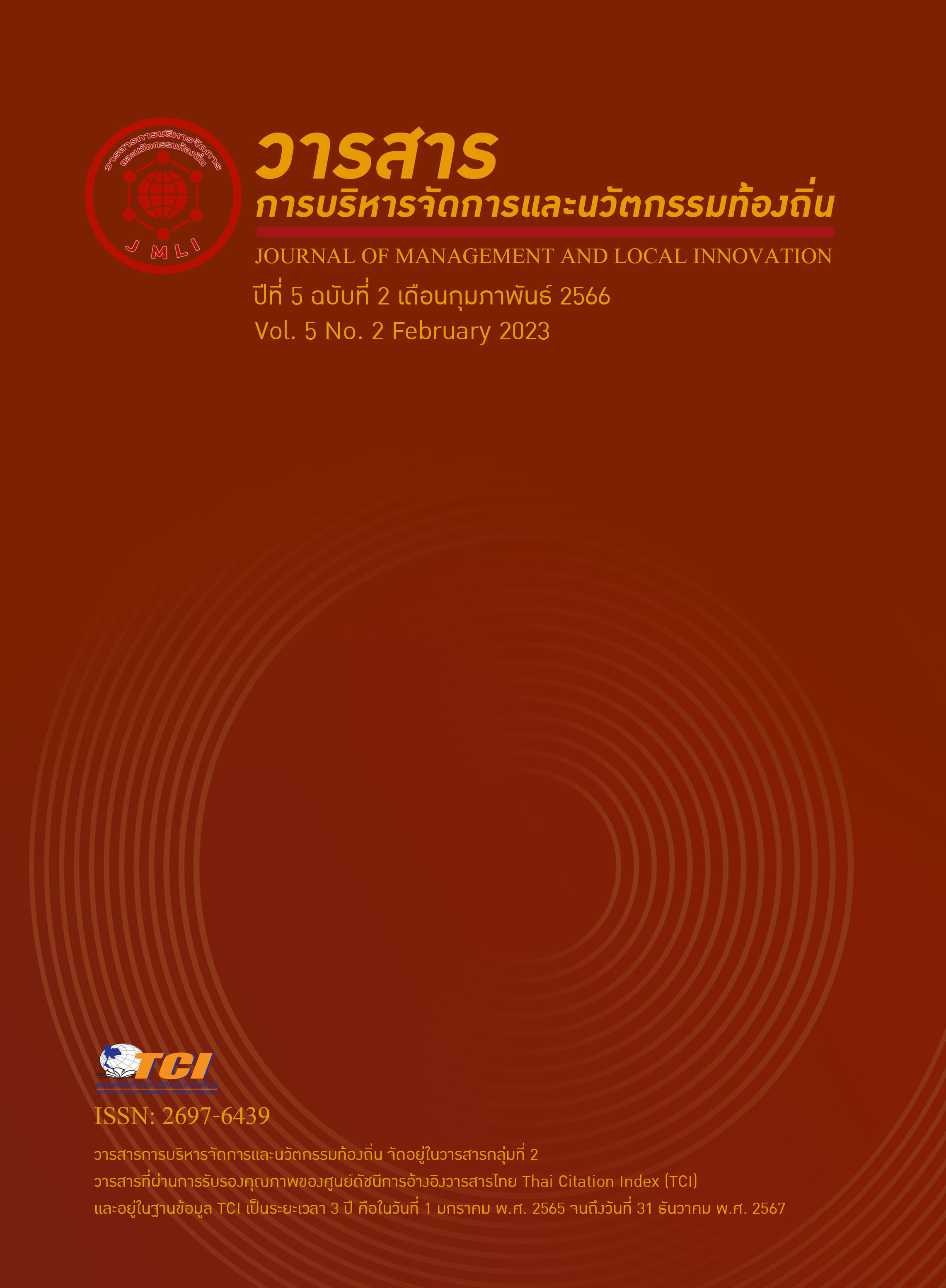Guidelines for participatory Curriculum Administration of Small School under The Primary Educational Service Area Office, Nonthaburi 2
Keywords:
Small School, Participatory Curriculum ManagementAbstract
The objectives of this research were 1) to investigate the condition of participatory curriculum management in educational institutions; 2)to propose guidelines for participatory educational institution curriculum administration. For the methodology, the research was divided into 2 steps: Step 1: Studying the state of participatory curriculum management. The population used in the research was 158 teachers under the Nonthaburi Primary Educational Service Area Office 2. The instrument used was a questionnaire with reliability value of 0.97.The statistics used were percentage, mean, standard deviation. Step 2: Presentation of guidelines for participatory school curriculum management. The 5 key informants were selected by a purposive sampling. The instruments used was a semi-structured interview form. it was a content analysis. The results of the research were as follows: 1) The condition of participatory curriculum management in educational institutions was at a high level. The aspect with the highest mean was the preparation and curriculum planning. and the aspect with the lowest average was curriculum administration. 2) There were 4 aspects and 25 approaches for participatory educational institution curriculum administration as follows: 1. In terms of preparation and curriculum planning, there are 9 approaches, for example, the need to study the context of educational institutions and learning resources both within and outside the school and to formulate policies. 2. In terms of curriculum implementation, there are 6 approaches, such as requiring teachers and learners to jointly create learning objectives, having activities that are consistent with the educational curriculum. 3. Regarding curriculum management, there are 6 approaches, for example, teachers must use the concept of professional learning community in discussions to reflect the results after teaching and learning management practices leading to the development of the learning process and the development of learners' core. competencies. 4.In terms of curriculum evaluation and improvement, there are 3 approaches, for example, the committee must be appointed to assess the curriculum administration of the educational institution with participation from all parties.


